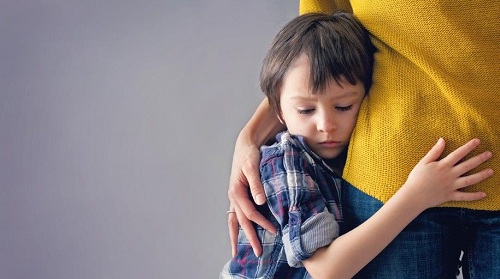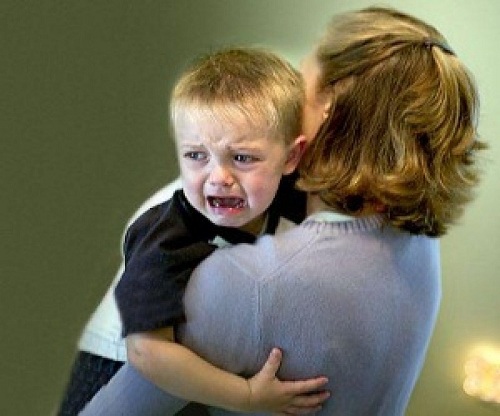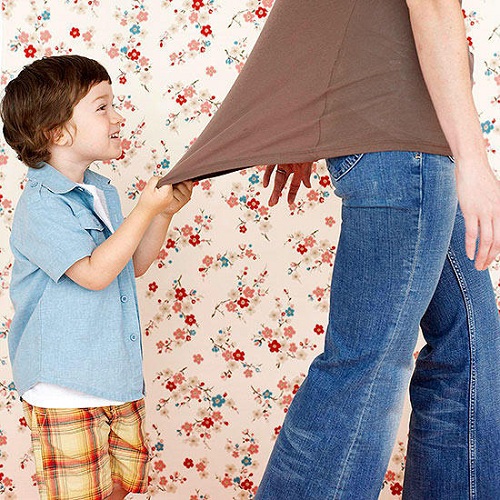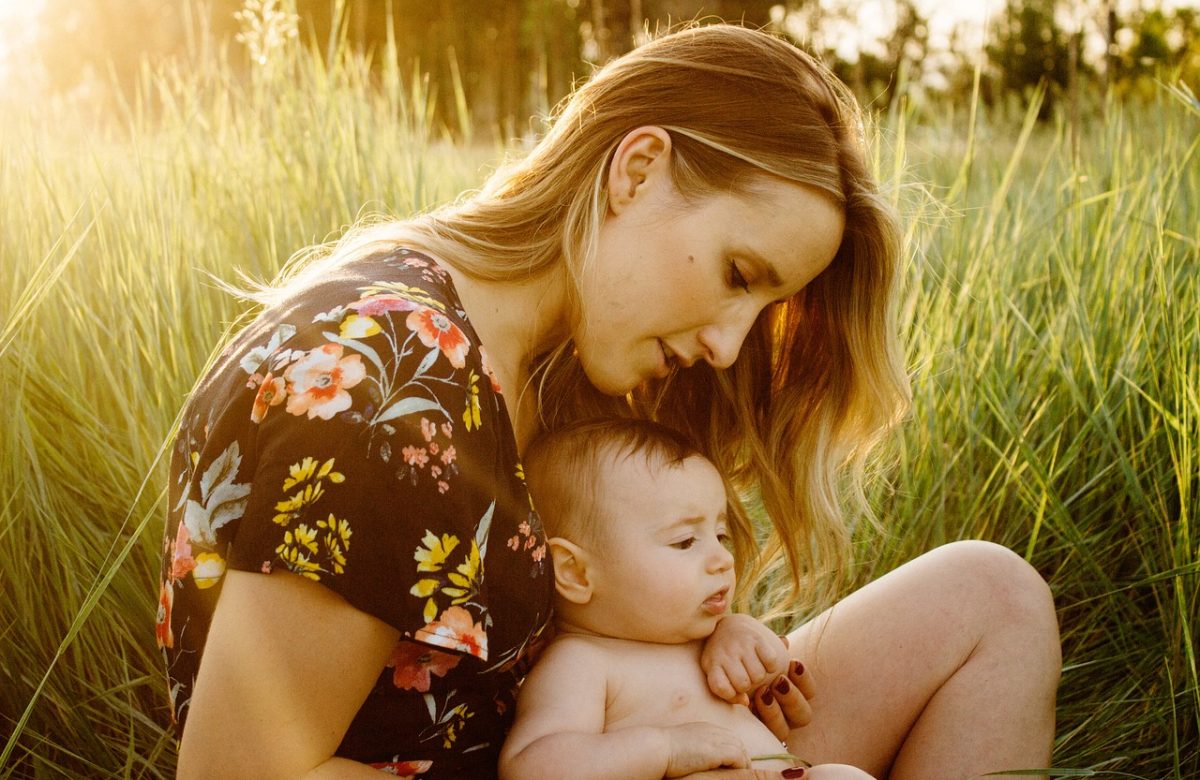Perhaps you already witnessed a kid that rolls around the ground and crying his heart out because he doesn’t want his parents to leave him at school. And sometimes, you think that is normal because a lot of kids tend to be like that. However, what you didn’t know is the emotional and mental struggle behind that particular behavior. The truth is, what is happening to these hapless little ones is called separation anxiety. It is a psychological condition that therapists aim to address in children who are experiencing it.

Separation Anxiety In Children
Separation anxiety can occur in adults too. But compared to children, it is more severe in them. The condition is inappropriate development of excessive anxiety or fear regarding the separation of kids from those people they feel attached. Usually, children with separation anxiety experience recurrent distress when getting an idea of separating from home or any form of the principal attachment figure. One example of a scenario is when a father, mother, or a close member of the family is taking a few days off the house due to vacation, work, or whatsoever. Kids become entirely upset when they know they are going to be away from someone they care about. There is a buildup of persistent and excessive worry about losing an attachment to that valued individual. In some cases, children get disturbed when that person is sick and injured. These kids become too emotionally distraught just by thinking that their loved one could end up being kidnapped, getting in an accident, and dead.
Deborah M. Consolini, MD of Sidney Kimmel Medical College of Thomas Jefferson University pointed out that “Crying indicates the children have developed a sense of attachment to their parents or caregivers. Crying in this situation is a positive reaction, because children who are not attached to their parents or caregivers do not cry when they leave the room.”
According to Lawrence Robinson, Jeanne Segal, Ph.D, and co-author, “children experience a continuation or reoccurrence of intense separation anxiety during their elementary (primary) school years or beyond. If separation anxiety is excessive enough to interfere with normal activities like school and friendships, and lasts for months rather than days, it may be a sign of a larger problem: separation anxiety disorder.”

The Effects In Children
“[C]hildren who have had chronic and intense fearful experiences often lose the capacity to differentiate between threat and safety. This impairs their ability to learn and interact with others, because they frequently perceive threat in familiar social circumstances, such as on the playground or in school. These responses inhibit their ability to learn and often lead to serious anxiety disorder,”says Jack P. Shonkoff, M.D., et al. of PersistentFearAndAnxietyCan Affect Young Children’s LearningAnd Development WorkingPaper9by Harvard University.
Children with separation anxiety somehow appear same as everybody. That is the impression of why it is difficult for parents and other mental health professionals to identify the mental condition instantly. But one limiting factor of the mental illness is the kids’ behavior. Usually, kids are more reluctant to new things. There is often a refusal to go outside that even stepping out from the house becomes a big deal. Separation anxiety in children makes them fear the distance away from home because they believe it will cause them pain or any unfortunate accidents. These little ones look at their home as a fortress that once they move away from it, they become weak and vulnerable.
There is no room for social interaction on children with separation anxiety as well. That is because they usually do not want to play with other kids. There is this idea that getting too attached to someone will only cause emotional issues in the long run. With that, instead of trying to become friends with different people, these kids only surround themselves with one or two peers. Sometimes, even those two individuals get to be pushed away too. These kids are afraid to handle a much significant emotional burden caused by separation. That explains why they are sometimes clingy and unable to be sued by anybody else except their trusted parents, siblings, relatives, or friends. In some unfortunate cases, these children with separation anxiety often want to be alone. That is regardless of them being at home or in any settings.
In some events, there are severe cases where these kids experience repeated nightmares and panic attacks due to the idea of separation. It becomes a non-existent trauma where children often think about it all the time. With that, these kids end up having physical symptoms such as headaches and stomachaches.

Insight
The anxiety and fear in children usually last within four weeks. The whole thought of it causes children to feel a significant amount of distress. Sometimes, the result of the anguish makes it impossible for them to function in their lives. There are cases that even a medical professional or mental health expert cannot explain it well too. With that, children suffer silently with mental illness. And since they are kids who are sometimes unable to express their emotional and psychological situation, it becomes hard to treat them immediately.
The truth is, separation anxiety is entirely a survival practice that keeps children safe from the emotional impact. Some kids are aware that they can survive without help from someone they trust. However, not all children can integrate quickly and accept that they need to do things alone of their own. With that, they become completely overwhelmed by their developmental stage.
Separation anxiety does not necessarily have to focus on age. Instead, it is more on the developmental stage. It is where there is an expectation of the strength of the emotional and mental capability of an individual.
